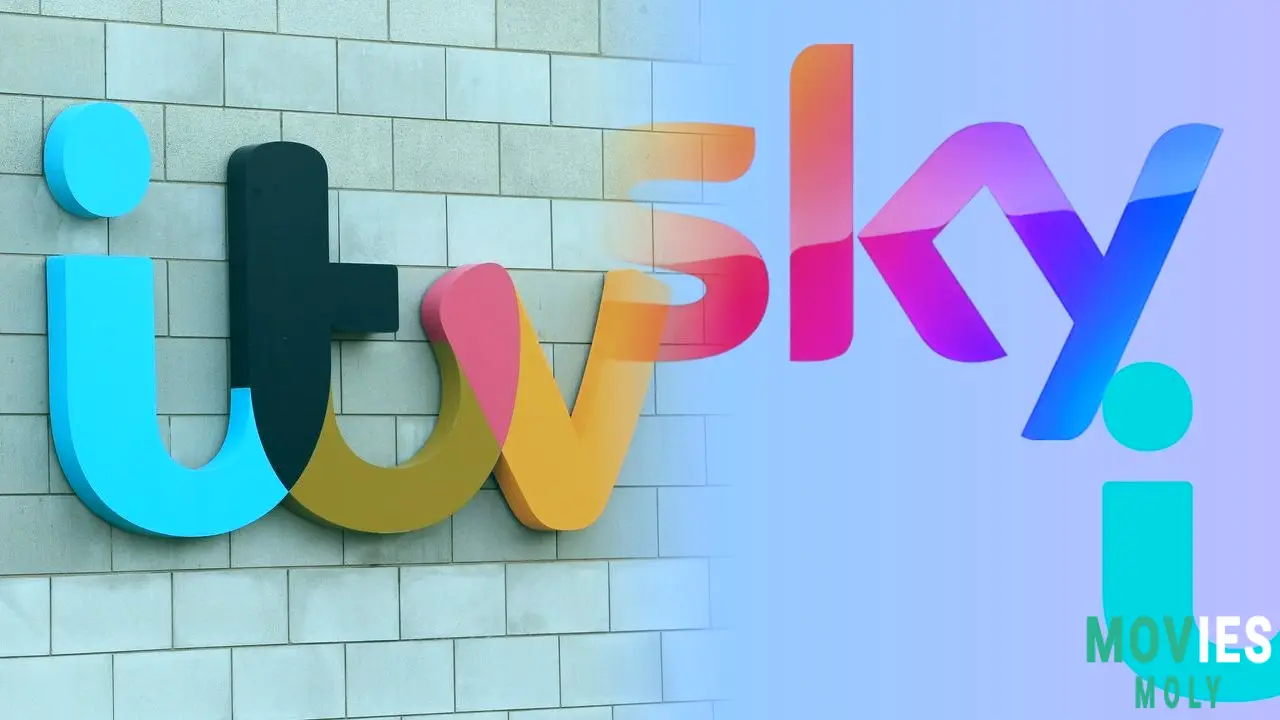The UK television landscape is on the brink of its biggest shake-up in over two decades as Sky, owned by US media giant Comcast, enters preliminary talks to acquire ITV's broadcasting and streaming divisions for a hefty £1.6 billion.
TL;DR: Quick Takeaways on the ITV-Sky Talks- Sky is in "preliminary discussions" to buy ITV's Media and Entertainment division (free-to-air channels, ITVX) for £1.6 billion.
- ITV Studios, the production arm behind hits like Love Island and Mr Bates vs The Post Office, is NOT part of the deal and would remain a separate entity.
- This potential merger could significantly reshape UK TV advertising, spark regulatory debates, and raise questions about the future of free-to-air content.
Imagine a quiet Friday morning in the UK, where the news tickers often buzz with politics or market shifts. Then, suddenly, a bombshell drops: Itv, a cultural institution synonymous with free-to-air television for decades, confirms it's in "preliminary discussions" to sell a huge chunk of its business. The buyer? Sky, the pay-TV giant owned by American media behemoth Comcast. This isn't just corporate maneuvering; it's a potential seismic shift for every viewer in the UK.
The proposed deal, valued at £1.6 billion ($2.1 billion), specifically targets ITV's Media and Entertainment (M&E) division. This includes all the free-to-air TV channels you've grown up with, like ITV1, ITV2, and ITVX, their relatively new streaming service. What's notably not included is ITV Studios, the powerhouse production arm responsible for creating beloved series such as Love Island, I'm a Celebrity... Get Me Out of Here!, and critically acclaimed dramas like Mr Bates vs The Post Office.
Why Is This Major Media Merger Happening Now?
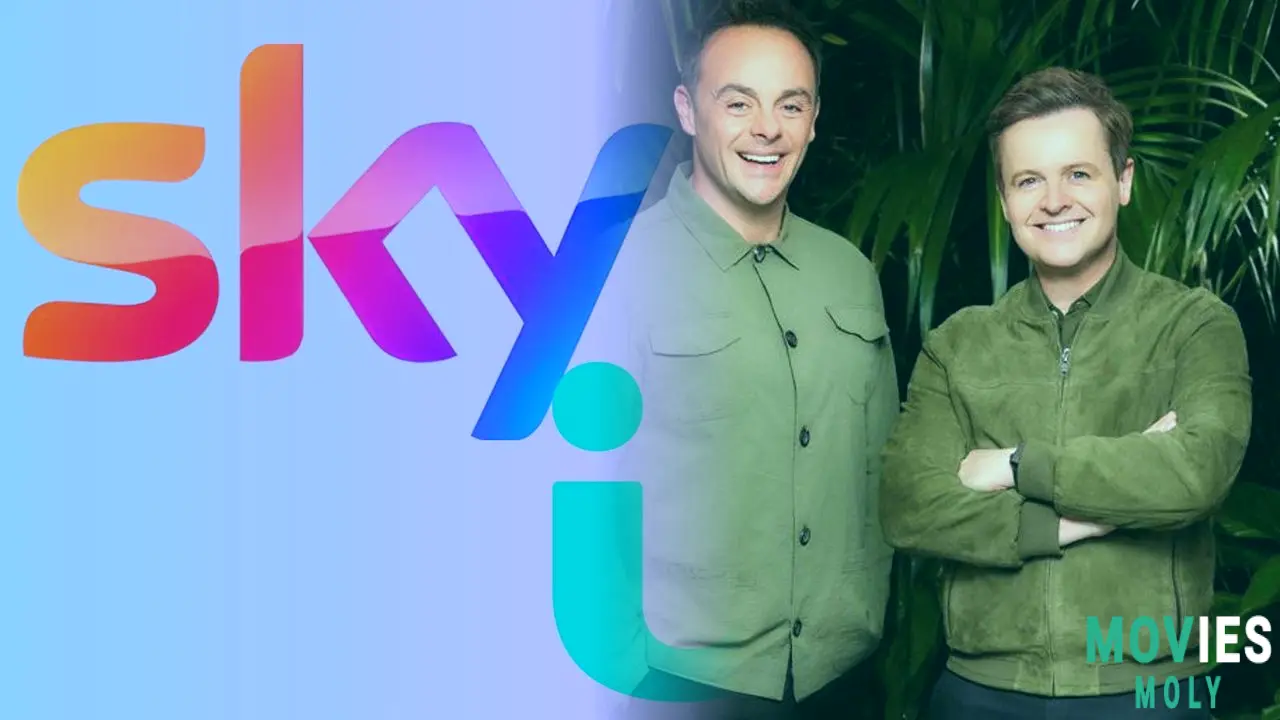
ITV’s share price jumped a significant 15% to around 78p following the news, a welcome boost for investors who’ve seen values decline from a high of 258p in 2015. This sudden interest in ITV's broadcast channels, which some analysts have called a "ball and chain" compared to the more glamorous Studios, speaks volumes about the pressures facing traditional television. Source: BBC, "ITV in talks to sell television business to Sky", November 7, 2025.
The short answer for "why now" boils down to the fierce competition from global streaming giants. Netflix, Disney+, and Amazon have utterly transformed how people watch TV, pulling viewers and advertising revenue away from traditional linear broadcasters. ITV, like many others, has felt the squeeze, forecasting a 9% drop in its advertising revenue for the last three months of 2025 alone. Source: The Drum, "A Sky acquisition of ITV would shift the tectonic plates of UK advertising", November 7, 2025.
For Comcast, which acquired Sky for £31 billion in 2018 (and later wrote down its investment by over £6 billion in 2022), buying ITV's M&E division could create a formidable combined entity. Sky aims to leverage ITVX's 40 million registered users and the broad appeal of ITV's content to strengthen its own position in the streaming wars. This move is a clear "restatement of commitment" from Comcast to its European pay-TV business, according to Sky's Paul Kelso. Source: Sky News, "Why a Sky-ITV deal makes sense in a shifting entertainment landscape", November 7, 2025.
Distinguishing the Two Sides of ITV: Channels vs. Production
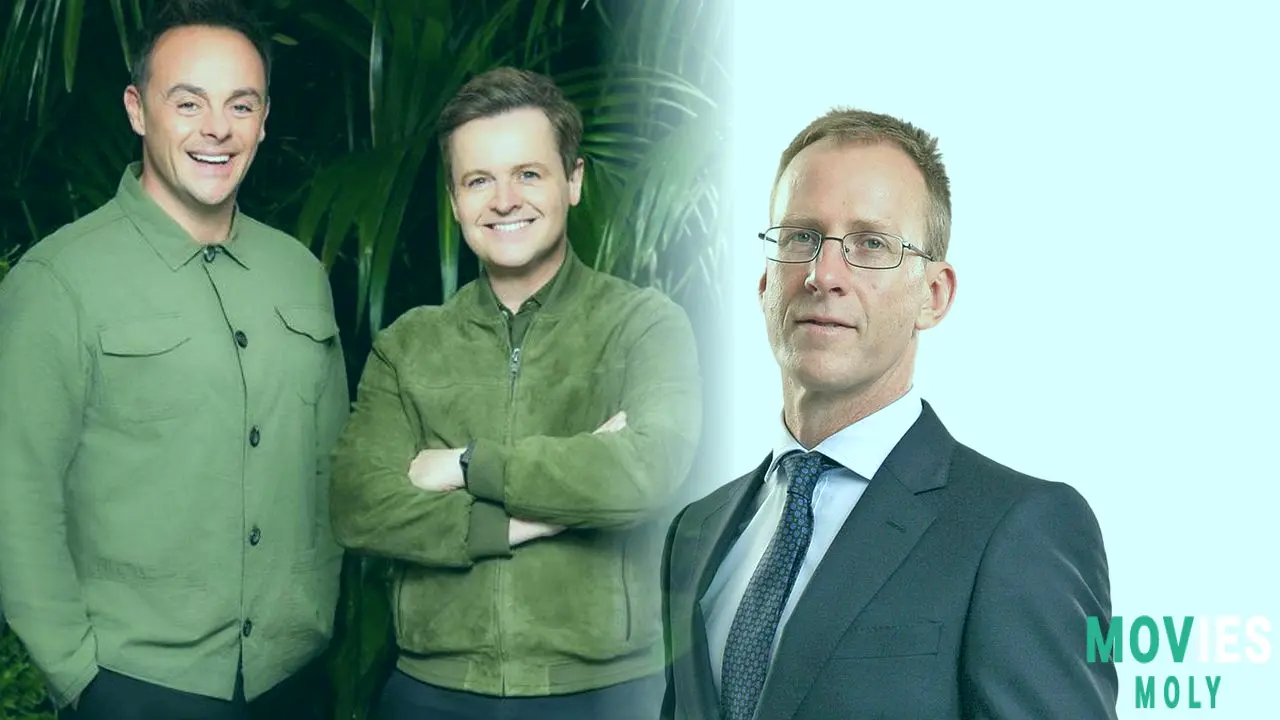
It’s important to understand that this deal isn't for all of ITV. The company is effectively looking to split itself. Here's how it breaks down:
- ITV Media and Entertainment (M&E): The "For Sale" Sign
- Includes all free-to-air ITV channels (ITV1, ITV2, etc.)
- The ITVX streaming service
- Its public service broadcaster (PSB) license, which runs until 2034
- Revenue for the first nine months of 2025 was down 5% to £1.45 billion.
- ITV Studios: The "Jewel in the Crown"
- This production arm makes shows for ITV, BBC, Netflix, Amazon, and more.
- Responsible for global hits like Love Island and I'm a Celebrity, and dramas such as Mr Bates vs The Post Office.
- Its sales rose 11% in its latest results, and it accounts for about half of ITV's total sales and most of its market value.
- Analysts predict it could become "an instant takeover target itself" if separated, as content-hungry streamers look to generate more shows.
This separation logic is clear: let the production arm, with its strong growth and independent appeal, shine without being "unencumbered by a legacy linear [TV] business," as Enders Analysis' Tom Harrington put it.
What This Means for Your Favorite Shows and the Future of Free TV
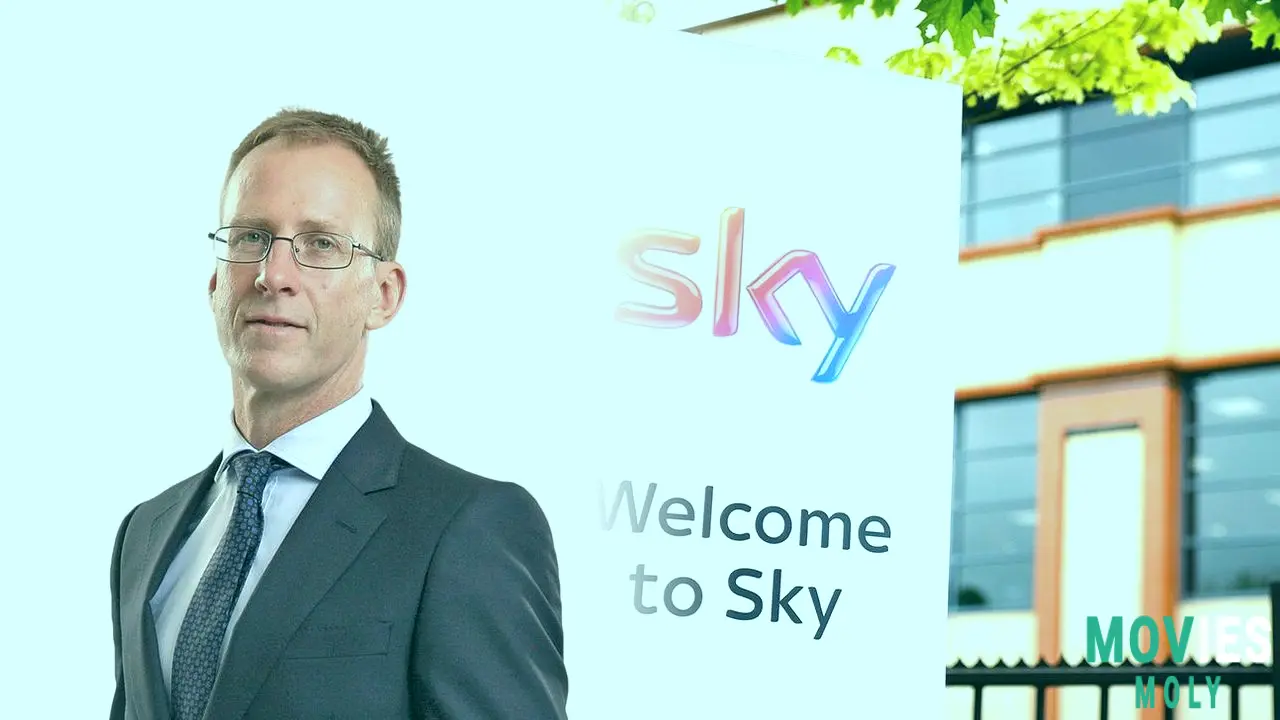
This is where things get interesting for everyday viewers. The core question on many minds is: will ITV's beloved shows, like Coronation Street or Emmerdale, remain free to watch? Some fear a "very real possibility" of having to pay for them, pointing to Comcast's history as a major pay-TV provider in the US and Sky's existing subscription model. The groundwork for this already exists with ITVX's ad-free subscriber option.
However, media analyst Tom Harrington suggests that it would be "unlikely for current shows to leave ITV as there will already be agreements in place." The real impact, he believes, might be on new shows, which could be less likely to appear on ITV if the businesses split. There's also the possibility that some favorite shows could be put out to tender, potentially affecting production quality if the focus shifts to the cheapest bid.
"Free to air channels across world are not seen to have a great amount of value... there's going to be an inevitable consolidation of domestic broadcasters all across Europe."
— Sir Peter Bazalgette, former ITV Chair and shareholder
Navigating Regulatory Hurdles and Market Redefinitions
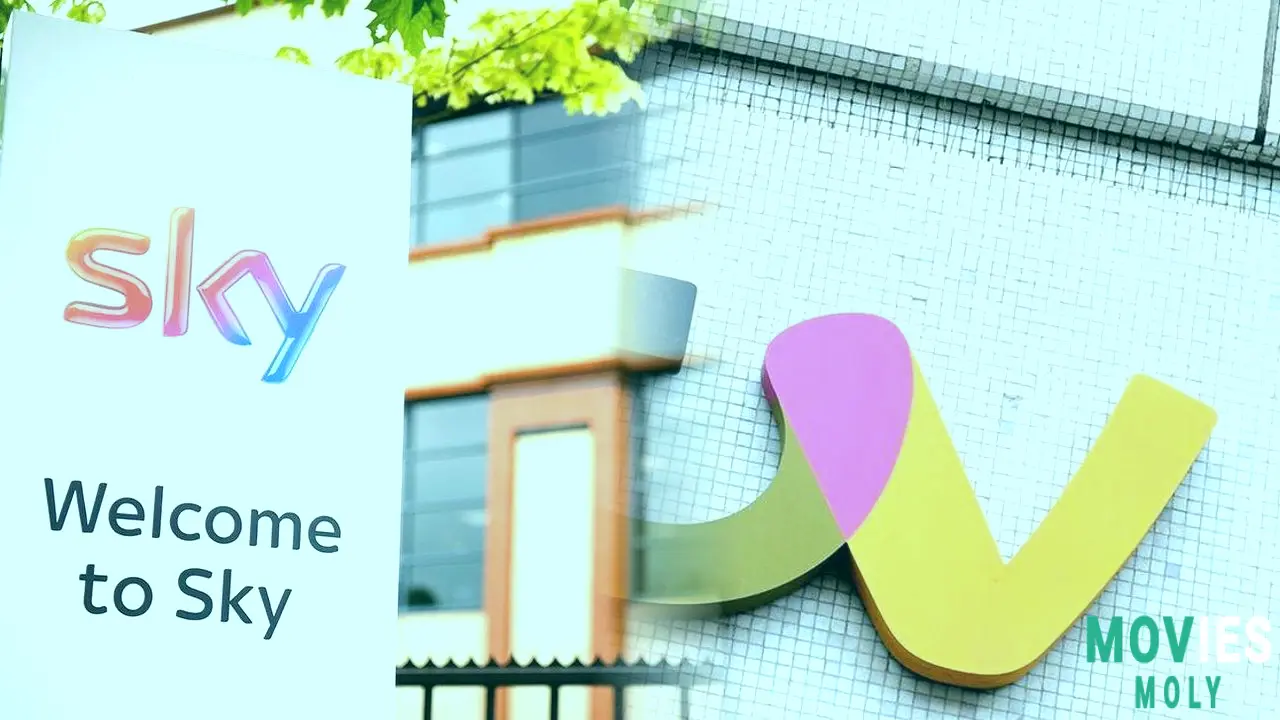
Any deal of this magnitude will face intense scrutiny from UK regulators, including Ofcom and the Competition and Markets Authority. A primary concern raised by media analyst Ian Whittaker is that a combined Sky and ITV would control "70% plus" of the UK TV advertising market. Traditionally, this level of dominance would likely be rejected on anti-competitive grounds.
However, a strong counterpoint, championed by Sir Peter Bazalgette, is that regulators need to "redefine" what the advertising market actually is today. He argues that Google (owner of YouTube) and Meta (owner of Facebook) should be considered the true rivals, not just other traditional TV broadcasters. Indeed, Google and Meta reportedly "gobble up to 60% of all UK advertising spend," making Sky and ITV's combined share nine times smaller in comparison. Source: Sky News, "Why a Sky-ITV deal makes sense in a shifting entertainment landscape", November 7, 2025.
Furthermore, Sky would likely have to commit to ITV's public service broadcasting obligations, including maintaining news programmes, which politicians highly value. This commitment could help smooth the regulatory path, framing the acquisition more as a "rescue deal" to strengthen UK broadcasting against international streaming giants rather than an anti-competitive monopoly grab.
The Power of Public Service: A Mini-Story Example
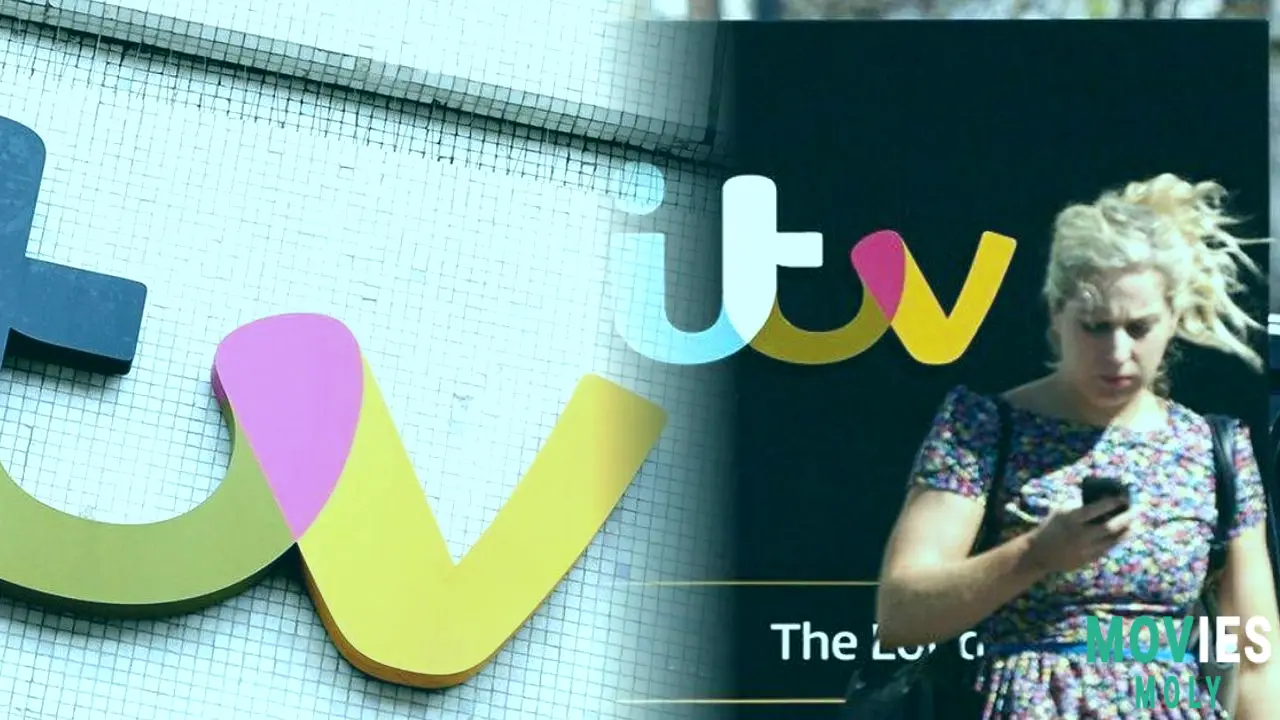
To truly understand the stakes, consider the impact of Mr Bates vs The Post Office. This ITV drama, starring Toby Jones, wasn't just a hit; it was a cultural phenomenon. It drove public outrage and directly influenced the path to justice for hundreds of sub-postmasters wrongly accused in the Horizon scandal. The show's success was amplified by its accessibility on free-to-air television, reaching millions who might not subscribe to a premium service.
This example highlights the unique value and societal role of free public service broadcasting. While ITV Studios produced the show, its ability to "move the dial" and persuade millions to watch simultaneously was fundamentally tied to ITV's broadcast reach. This cultural clout is something beyond mere financial valuation, making the future of free-to-air ITV a significant political as well as commercial issue.
Potential Downsides and Tradeoffs for Viewers and Employees
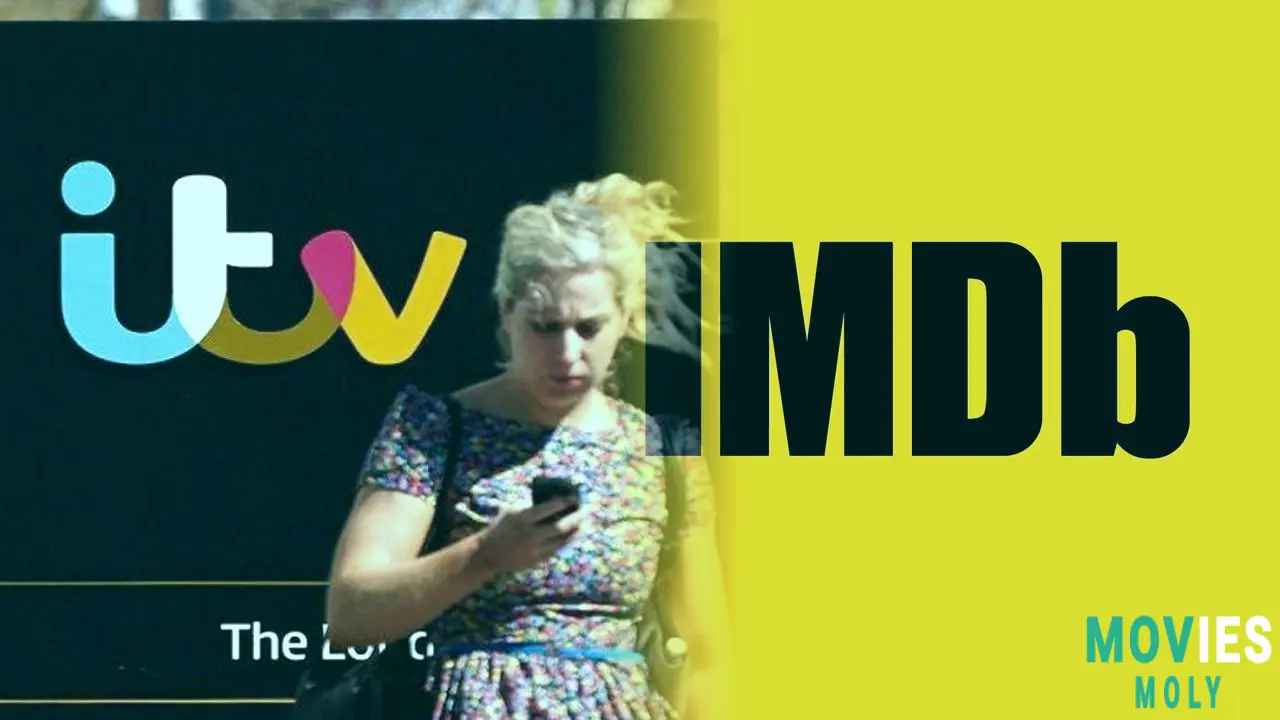
Beyond the core question of free vs. pay, there are other considerations. Comcast has a history of "sweeping cuts and streamlining companies," having cut around 150 jobs at NBC news in mid-October 2025 as part of cost-cutting measures. There's a real concern that a similar "new broom sweeps clean" mentality could lead to job losses and program delays at ITV, impacting both content quality and staff morale.
Another point of contention could be ITN, in which ITV holds a 40% stake. This stake would transfer to Sky as part of the deal. Sky already operates its own news business, raising questions about the future of ITN's supply of content to ITV, even with a recent five-year deal in place. These tradeoffs between commercial efficiency and public value will be central to the ongoing debate.
Practical Takeaways for the Evolving UK Television Landscape
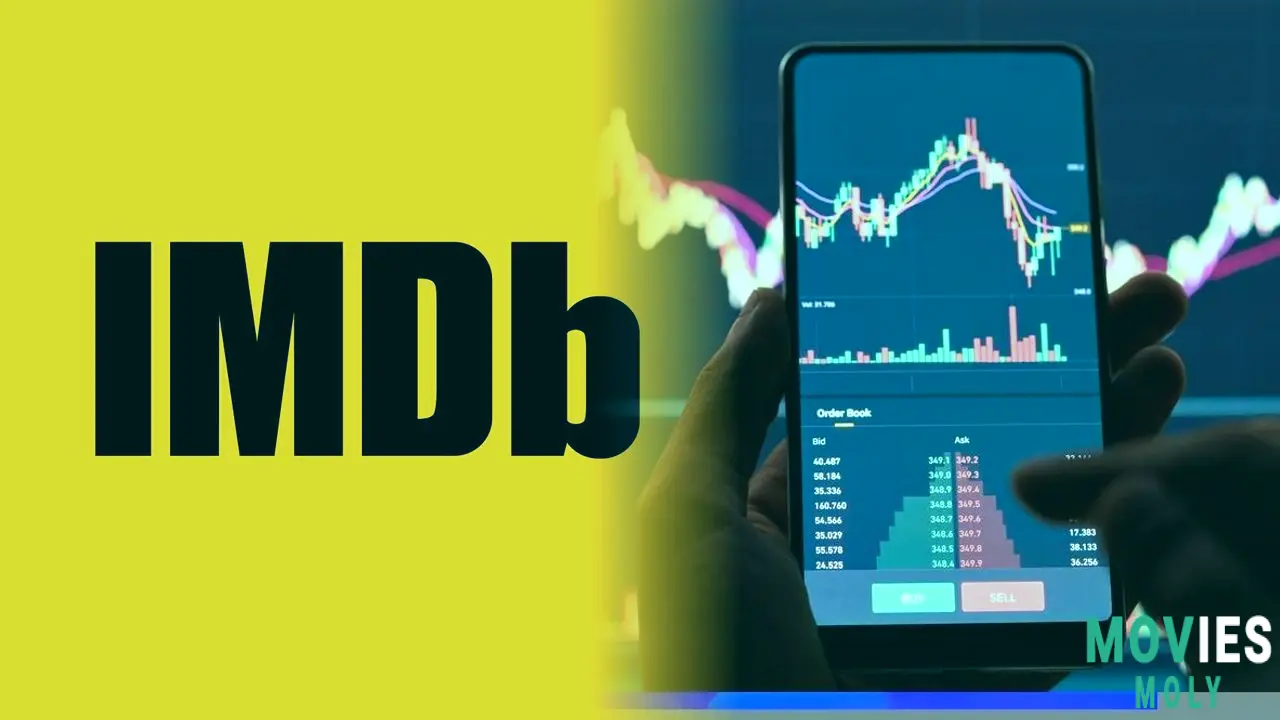
- Stay Informed on Free-to-Air Status: Keep an eye on official announcements regarding whether core ITV content will remain free or transition to a pay model.
- Watch for Regulatory Outcomes: The Competition and Markets Authority's decision on market definitions will shape the future of UK media mergers.
- Explore Streaming Alternatives: With increasing consolidation, diversified streaming subscriptions or a reliance on ad-supported free services (like current ITVX) may become the norm.
- Recognize the Value of Production: ITV Studios' success highlights the enduring demand for quality content, regardless of the platform it eventually airs on.
- Prepare for Further Consolidation: This deal signals a wider trend of media companies merging to compete with global tech giants, meaning more changes are likely ahead.
Sources
- BBC: "ITV in talks to sell television business to Sky", Faarea Masud, November 7, 2025.
- The Drum: "A Sky acquisition of ITV would shift the tectonic plates of UK advertising", Nick Manning, November 7, 2025.
- Daily Express: "GMB: Charlotte Hawkins reveals breaking news that ITV is for sale", November 7, 2025.
- The Hollywood Reporter: "Comcast’s European pay-TV business Sky is in talks to acquire U.K. TV giant ITV’s media and entertainment (M&E) unit.", Georg Szalai, November 6, 2025.
- Sky News: "Why a Sky-ITV deal makes sense in a shifting entertainment landscape", Paul Kelso, November 7, 2025.
- The Independent: "How do you value an asset like ITV?", November 7, 2025.
- Variety - TV News: "ITV in Talks to Sell Networks Arm to Comcast-Owned Sky for $2.1 Billion", Alex Ritman and Leo Barraclough, November 7, 2025.
- The Times: "It’s up to ITV to get this break-up deal over the line", Alistair Osborne, November 7, 2025.
- The Armchair Trader: "UK Stock Market News: ITV, IAG, ME Group", Tony Cross, November 7, 2025.

